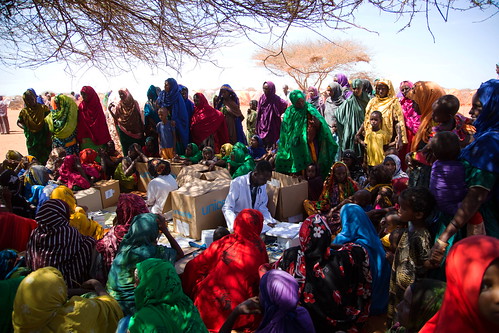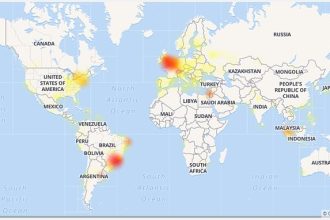Over 650,000 women and children in Ethiopia live at risk as the World Food Programme announced the suspension of malnutrition treatments due to a severe funding shortfall.
The World Food Programme (WFP) is one of the largest humanitarian organizations in the world, dedicated to fighting hunger and providing food assistance to millions of people. However, as of April 22, 2025, the WFP has been forced to halt malnutrition treatments for 650,000 women and children in Ethiopia due to a lack of funding.
This decision comes at a time when Ethiopia has been facing a severe food crisis, worsened by a civil war that lasted from 2020 to 2022 and extreme weather conditions. The northern regions of Tigray and Afar are particularly hard hit.
The WFP faces a funding shortfall of US$222 million between April and September 2025. Without additional funds, the organization warns that around 10 million people in Ethiopia are gravely short of food, including 3 million displaced by conflict and extreme weather conditions, as well as refugees from war-torn neighboring countries who could lose access to essential assistance.
WFP Country Director in Ethiopia, Zlatan Milisic, briefed the Geneva press via video from Addis Ababa. She said, “We’ve been left no choice but to this week suspend treatment for 650,000 malnourished women and children — simply because we’ve run out of commodities and funding.
“I would hope that we will get the resources and put in place measures to really do our best to assist them. But if they don’t receive assistance, we will have serious consequences.”
According to Zlatan Milisic, WFP gets financing from 15-20 donors, including the United States, but many of them have cut funding this year.















